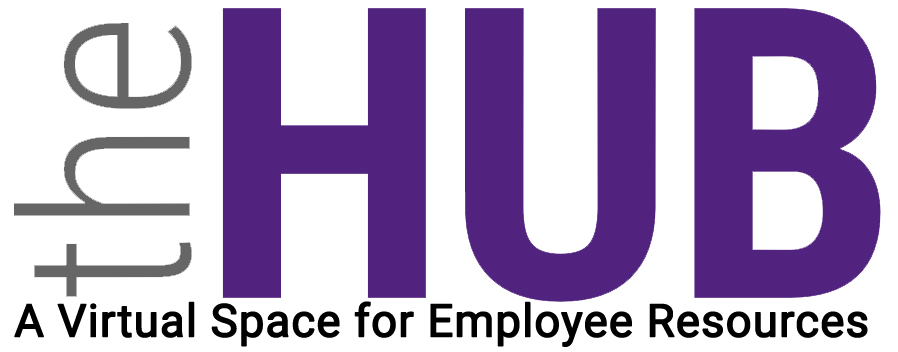AI Literacy for College Students Video Series Dr. Nic Subtirelu of the English Department at…
Learning Theories
Theories of how humans learn in the 20th and 21st centuries include behaviorism, cognitivism, constructivism, and most recently, connectivism. The following article describes the theories in brief and offers thumbnail sketches of practical applications instructors can employ.
Behaviorism
Behavioral theory based on the premise that science needs to limit itself to what can be observed and measured.
Cognitivism
Grounded in cognition, this theory, is focuses on the learning processes where learners are engaged in processing information and developing their own thinking skills .
Constructivism
Learners construct their own knowledge rather than just passively take in information.
Connectivism
Students merge thoughts and knowledge for understanding learning in a digital age through Internet technologies.
Pedagogical Approaches
Four primary learning theories have been developed in the 20th and 21st centuries – behaviorism, cognitivism, constructivism, and connectivism. Each theory is, to some extent, a reaction to previous philosophies and offers a fresh perspective on an age-old question: How do humans learn? In the article Learning Theories and Practical Applications, we examine each of these theories and offer suggestions on how the theory can be applied in the classroom.
In the article Pedagogical Approaches, we consider three approaches that can profoundly impact 21st-century learners. Culturally responsive teaching (CRT), Universal Design for Learning (UDL), and decolonizing the curriculum promote inclusivity in the classroom. Each approach helps to recognize the contributions of a diverse society and considers the unique needs of some populations within the student body.
Universal Design for Learning
Universal Design for Learning (UDL) is a framework developed by CAST. UDL guides the design of learning experiences to meet the needs of all learners proactively.
Culturally Responsive Teaching
Culturally responsive teaching (CRT) is a research-based approach to teaching. It connects students’ cultures, languages, and life experiences with what they learn in school.
Decolonizing the Curriculum
Decolonization is “the process of deconstructing colonial ideologies of the superiority and privilege of Western thought and approaches. Decolonization involves valuing and revitalizing Indigenous knowledge and approaches and weeding out Western biases or assumptions that have impacted Indigenous ways of being.”

This Post Has 0 Comments